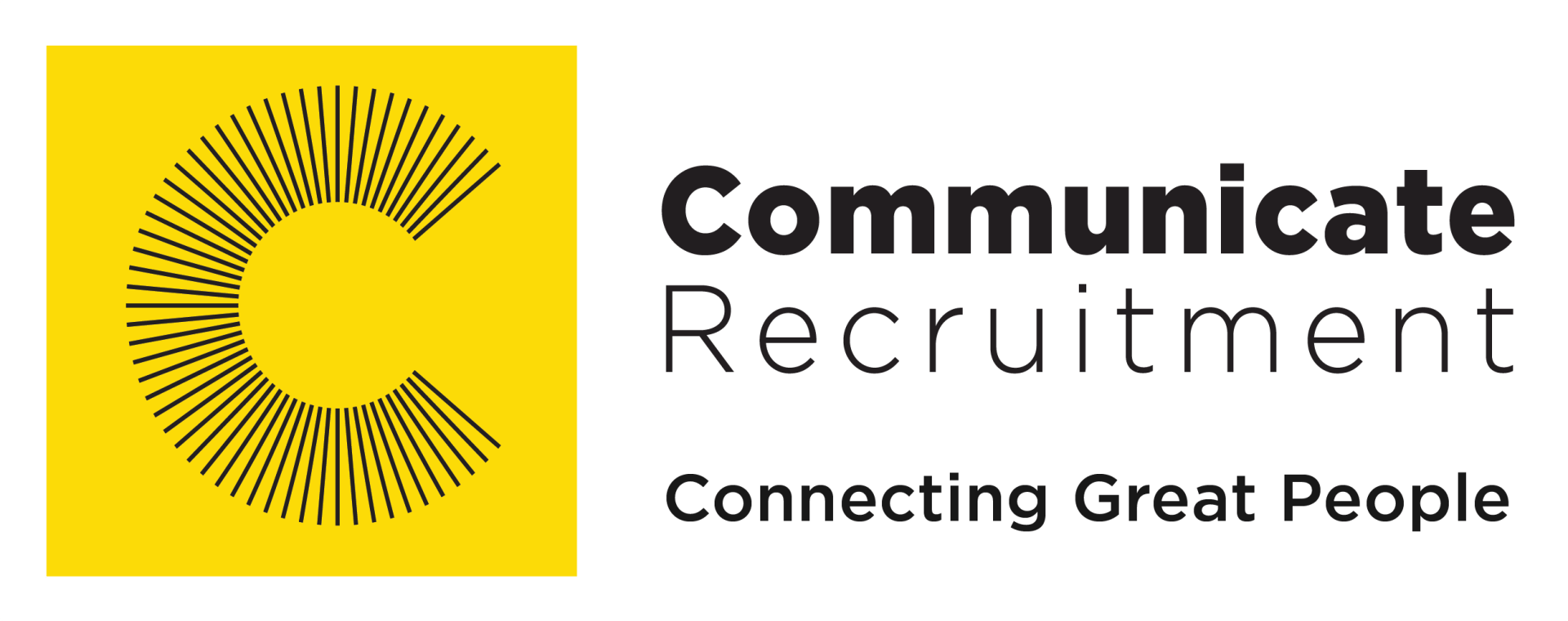Company perks: What really matters?
Improve the employee experience by offering appropriate “extras”
Company perks are the added benefits you offer your employees beyond their salary. This can include free snacks, good coffee, gym memberships, and flexible work arrangements, or mental health support and Friday-braai-days.
But why do companies offer perks and which ones really make a difference? Let’s dive a little deeper into your perk strategy and how employees feel about this.
Why offer perks in the first place?
Apart from attracting and retaining talent, perks enhance employee well-being and productivity. They may contribute to physical, mental, social, and financial health, positively impacting performance, engagement, and satisfaction.
In other words, to reduce stress, absenteeism, and burnout, many companies try to give employees things they don’t want to miss out on.
Perks are also great for creating a distinctive identity and reputation, both internally and externally. They can reflect on your company’s values and vision and communicates what you care about, boosting morale, teamwork, and collaboration.
But not all perks are created equal…
Which perks really matter to people?
In a Communicate Recruitment LinkedIn poll, we asked our audience to choose one of three company perks.
Of 1612 votes:
· 59% chose international opportunities
· 29% chose unlimited skills development
· 12% chose additional leave days
General factors influencing how employees perceive and value perks include:
· Relevance and usefulness: Address your employees’ specific challenges or goals, such as saving money, improving health, or balancing work and life.
· Flexibility and choice: Allow them to customise their experience and select options that suit them, rather than having a one-size-fits-all approach.
· Accessibility and availability: Perks must be easy to access and use without too many restrictions, limitations or admin hoops.
What do the current trends tell us?
There have been mammoth changes to the ways in which people work and live – and, understandably, to how companies decide on and offer perks.
This is what companies are doing in South Africa and globally right now:
· Remote working solutions: Companies are offering perks that support the remote work experience, such as Wi-Fi allowances, home office equipment budgets, online collaboration tools, and virtual social events.
· Financial wellness programmes: The best way to guide employees through financial uncertainty is to help them manage their money better through education, budgeting tools, debt counselling, and emergency funds.
· Mental health support: Counselling, online therapy platforms, meditation apps, and wellness workshops can help employees struggling with stress, anxiety, depression, or isolation.
· Personal well-being options: Some companies help employees to achieve their wellness goals with gym memberships, healthy food delivery, massage vouchers, hobby classes, and regular team-building events.
When should employees get perks?
Good question, because you can’t spend thousands on spa retreats every month. Here’s the thing: You don’t have to. You might offer perks for working from the office, such as free coffee and snacks, but also consider situations like performance-based rewards (bonuses, incentives, commission), lifestyle (travel vouchers, gym memberships, entertainment), and social impact (donations to charities, volunteering, environmental initiatives).
Measure your perk effectiveness
Everyone’s different. For example, a gym membership may be a great initiative for some, but busy parents don’t have the time or babysitting money to exercise after work. It all depends on personal preferences, needs, and circumstances.
How can you find out each employee's needs - and find a perk to match?
· Survey your employees to gather feedback on their satisfaction, engagement, motivation, and preferences for company perks. This helps you understand how they perceive and value their benefits and identify any gaps.
· Track key performance indicators (KPIs) to measure the impact of company perks on various aspects of the business, such as productivity, quality, innovation, customer satisfaction, turnover, and retention. This way, you can quantify return on investment (ROI) and determine which perks are most effective and aligned with your strategic goals.
· Benchmark against competitors to compare the types and levels of company perks others offer in the same industry. It’ll also give you an indication of your competitive advantage, attractiveness as an employer, and any best practices you can adopt or adapt.
Company perks aren’t just nice-to-haves anymore; they’re critical components of a rewarding employee experience. Giving your people a little extra makes them more motivated and gives you a competitive edge in attracting and retaining talent.
PS: Giving employees a public holiday off or allowing them to eat lunch at their desks doesn’t count. Perks are selfless acts that show appreciation and support.
Contact Communicate Recruitment for advice about hiring (or to apply for your next job).





